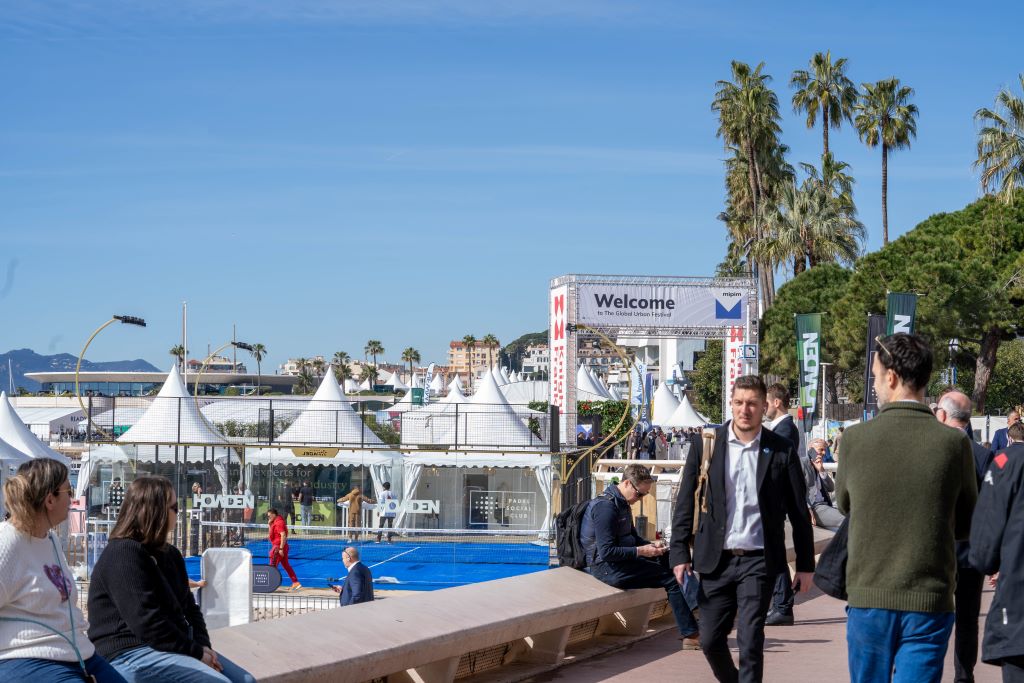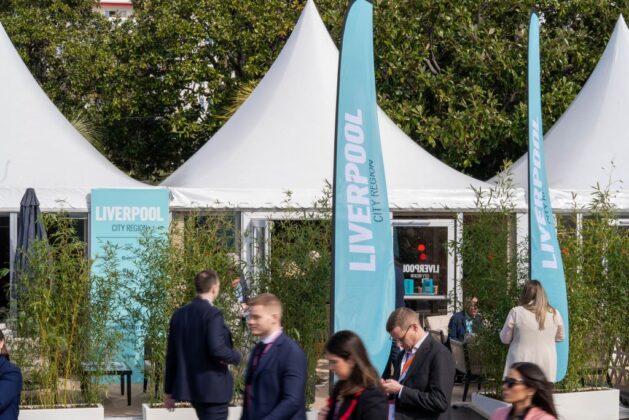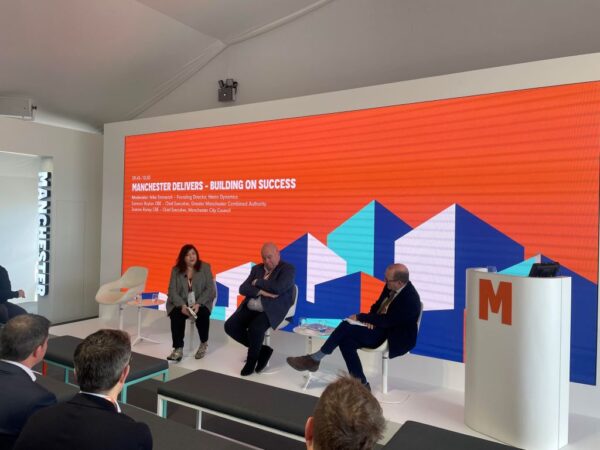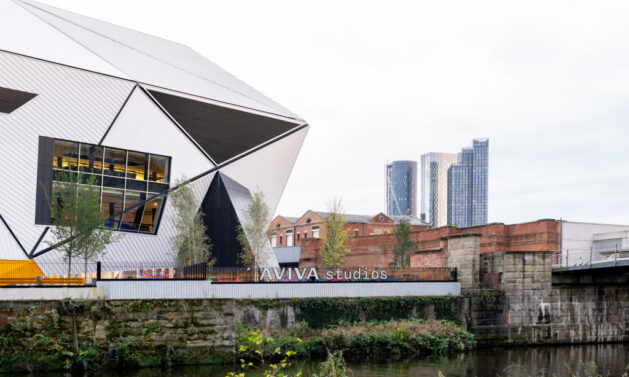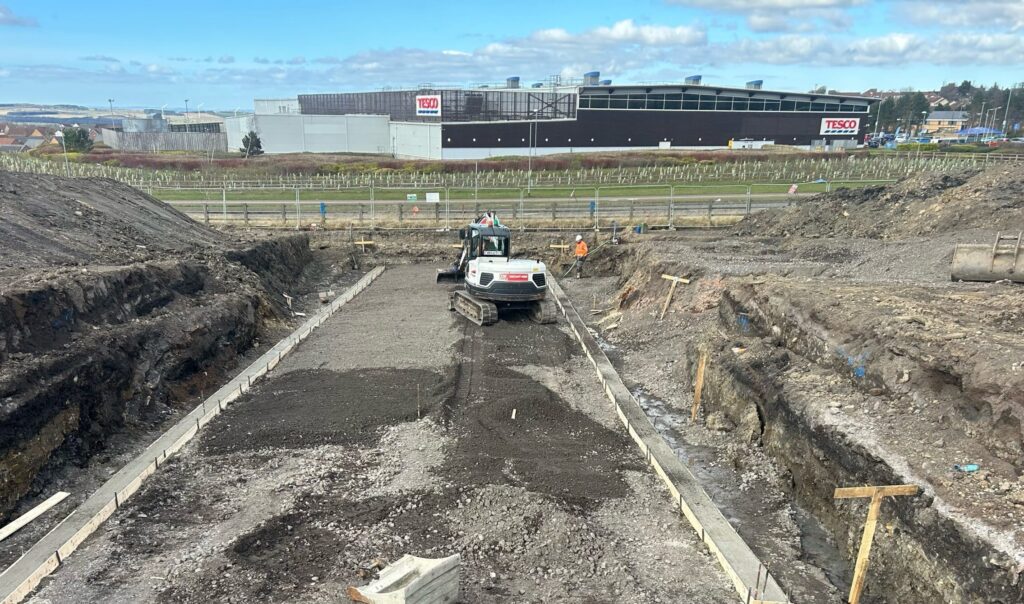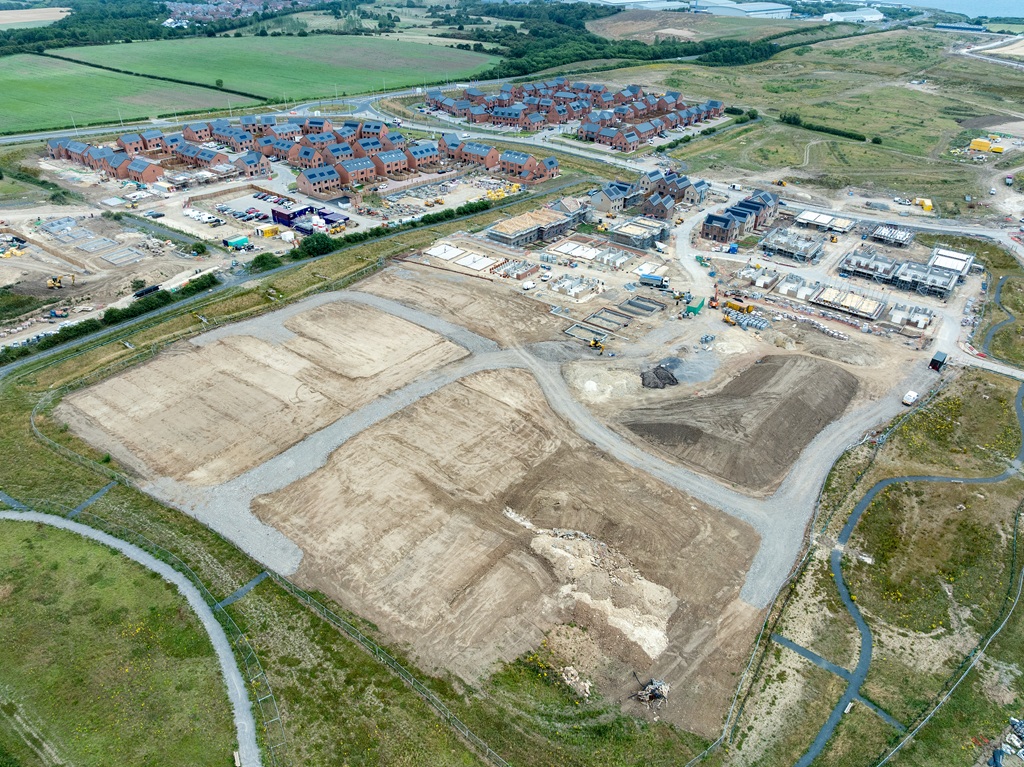MIPIM | Themes from Cannes in 2024
 The 33rd edition of the international property expo has ended. From housing to culture, here is a breakdown of the themes that crept up time and time again throughout the week.
The 33rd edition of the international property expo has ended. From housing to culture, here is a breakdown of the themes that crept up time and time again throughout the week.
Housing matters
The housing crisis is not just a UK problem, which is simultaneously comforting and worrying. Listening to German housing minister Klara Geywitz speak about her country’s problems – soaring rents and low supply – made clear that we are not alone.
The issue of housing dominated discussion at MIPIM in a way it has not in recent years. Delivering homes is the number one priority for many nations, cities, and towns but unlocking delivery when interest rates remain high and viability is tight is going to require innovative thinking.
It is not just the number of houses that is a problem, but also the type of accommodation available. One underserved demographic that does not immediately spring to mind is divorcees. Sonia Lavadinho, founder and CEO of Bfluid Prospective Research, delivered an impassioned 10-minute monologue on the importance of building homes for people who find themselves in “transitionary periods”.
“We have never been in a century when we live so much alone,” she said. One simple yet innovative solution to the problems faced by divorcees, according to Lavadinho, would be to design places to live that allow divorced parents to stay put for the benefit of their children. This would involve creating what is effectively two studios that can each be locked off depending on whose turn it is to look after the kids.
Co-living
In the UK, especially outside the capital, co-living is still seen as somewhat taboo. We simply cannot look past nationally described space standards. On the continent, things are different. Spain, for example, embraces co-living as a viable solution to the housing crisis, according to Iñaki Carnicero, the country’s secretary general for urban agenda housing and architecture.
“Modern living trends are responding to diverse needs and preferences,” he said. In London, the model is established but in other regional cities in the UK, progress has been slow. Both Liverpool and Salford have remained uncertain about the product despite clear investor appetite. Damien Sharkey, managing director of developer HUB, recently commissioned a study on co-living that he hopes might help move the dial in the UK. “A 23 sq m home that is really well designed and well considered can be an amazing space to live in,” he said.
Homelessness
MIPIM veterans will attest that homelessness has never been very high up on the agenda at the annual expo. However, this year, the topic was never too far away, although it was more a case of recognition than suggesting solutions. What does this say? Above all, it suggests that MIPIM, which has moved away from its opulent heyday, is now much more focused on people rather than buildings. Local authorities recognise the importance of equitable growth and seem determined to demand this of investors interested in ploughing cash into their areas.
The great reset
Many of the property professionals Place spoke to are almost resigned to the fact that not much is going to get built over the next two years. While interest rates remain high, the market will be inhospitable to developers. What we could see as a result is the industry taking the opportunity to do the hard yards on the front end so that, when rates drop they are ready to hit the ground running. Plan, plan, and then plan some more.
Single settlements
A recurring theme during recent editions of MIPIM has been devolution, and it was no different in 2024. While welcoming increased powers and investment, representatives from the nation’s city regions urged government to further loosen the reins and the purse strings. Aileen Jones, head of investment at the Liverpool City Region Combined Authority, had a busy week, appearing on various panels. On each of them, she took the opportunity to call for a “sustainable single settlement” that would give the six LCR boroughs more control over their own destiny.
Devolution was also a recurring theme on the Newcastle stand, with the £100m trailblazer settlement for the North East devolution deal generating excitement at the prospect of funding further important land assembly such as Homes England’s recent move at Forth Yards.
Goodbye Eamonn
MIPIM 2024 will likely be Eamonn Boylan’s last. The outgoing Greater Manchester Authority chief executive will be replaced by Stockport Council’s Caroline Simpson later this year and MIPIM 2024 had the feel of a farewell parade. Boylan is a hugely respected and skilled operator in the eyes of his peers and colleagues and Simpson has big shoes to fill – although few doubt she will be able to do so.
Despite his leadership credentials, Boylan has always seemed humble. He squirmed as Manchester City Council chief executive and good friend Joanne Roney heaped praise upon him during a panel session on the Manchester stand. “Your leadership during tough times has been exemplary and we are very grateful,” she said.
HS-Who?
It seems that we are already over the death of HS2 north of Birmingham. Talk of the failed infrastructure project was conspicuous in its absence. Many had expected the high-speed rail project to be a talking point out in Cannes but delegates from the North were much more interested in east-to-west connectivity and hopeful that a (potentially) incoming Labour government would breathe new life into Northern Powerhouse Rail.
Cllr Bev Craig, Leader of Manchester City Council who was attending her first MIPIM, said the potential of the North would be “endless” if the connectivity conundrum could be solved. Meanwhile, Audrey Peers, head of business development at MIDAS, said losing HS2 had not negatively impacted Manchester. “We have not lost any projects as a result of HS2 [being pulled],” she said.
Culture Vultures
Places steeped in culture are much more likely to benefit from inward investment – this was a mantra Manchester leaned into heavily throughout the week. Fundamentals like successful and well-known football teams and thriving music and arts scenes attract money. Manchester and places like Liverpool are therefore very much on the radar of private equity groups seeking a home for their cash.
The inference from various speakers was that places lacking in the cultural stakes would find it much harder than culturally rich locations to prosper in the face of economic uncertainty. “Culture breeds capital”, according to Dan Rees, co-head of offices at Trammell Crow, not the other way around.
Bold claims
While much of the activity at MIPIM happens outside the Bunker, there were quality sessions to attend throughout the expo. MEPC’s Dan Hyde went to an artificial intelligence seminar and was fascinated with what he heard. Speaking to Place afterwards, he spoke about what Matthias Hollwich, founder of HWKN architects, told the crowd after asking all the architects in the room to raise their hands. “He said, ‘well, sorry to tell you, but life as an architect is finished. That’s it. Because AI can conceptualize buildings in a much more efficient way. They can conceptualize them so that they are buildable,’” Hyde recalled. Hollwich went on to tell the crowd that reverse engineering an AI design had turned a five-month job into a five-day one. Could this be the future?
NEOM
“Have you been inside the NEOM tent?” wide-eyed delegates asked each other throughout this week. Saudi Arabia went all out at MIPIM this year with no fewer than three exhibition stands showcasing the jaw-dropping scale of its regeneration efforts. The main attraction was NEOM, the staggering vision to transform more than 10,000 sq miles of desert into an urban living oasis.
Going inside the NEOM stand was like poking your head inside a particularly dystopian episode of Black Mirror. The Line, the first phase of NEOM, is already underway and will eventually be home to 9m people and stretch 170km east to west across Saudi Arabia. The most impressive thing about it though is the fact the developers behind the scheme expect it to complete by the end of the decade.
Storytelling
MIPIM is not the platform for announcing huge schemes that it used to be. Like previous years, there was little in the way of breaking news stories. Modern MIPIM is more about storytelling. Manchester is ambitious and by no means finished, Liverpool is on its way back, Newcastle is on the cusp of an exciting era, Saudi Arabia has bottomless pockets and a desire to deliver.
MIPIM is a chance to build the narrative around projects we are already well aware of, to reinforce intentions, and delve a little deeper. Manchester’s Holt Town, an emerging regeneration zone, has already hit the press, but Cannes afforded the city the opportunity to expand on its vision for the area.
David West, co-founder of Studio Egret West, which was recently appointed to draw up the vision for Holt Town, provided one of the highlights of the week with his energetic presentation about the area’s potential.
West provided an insight into what might come forward in Holt Town, which is currently little more than a Metrolink station. The origin of the word Holt, West said, is a small wooded area – a fact that he plans to incorporate within the scheme’s materiality. Timber town anyone?
Place North West MIPIM 2024 coverage is sponsored by Together.



